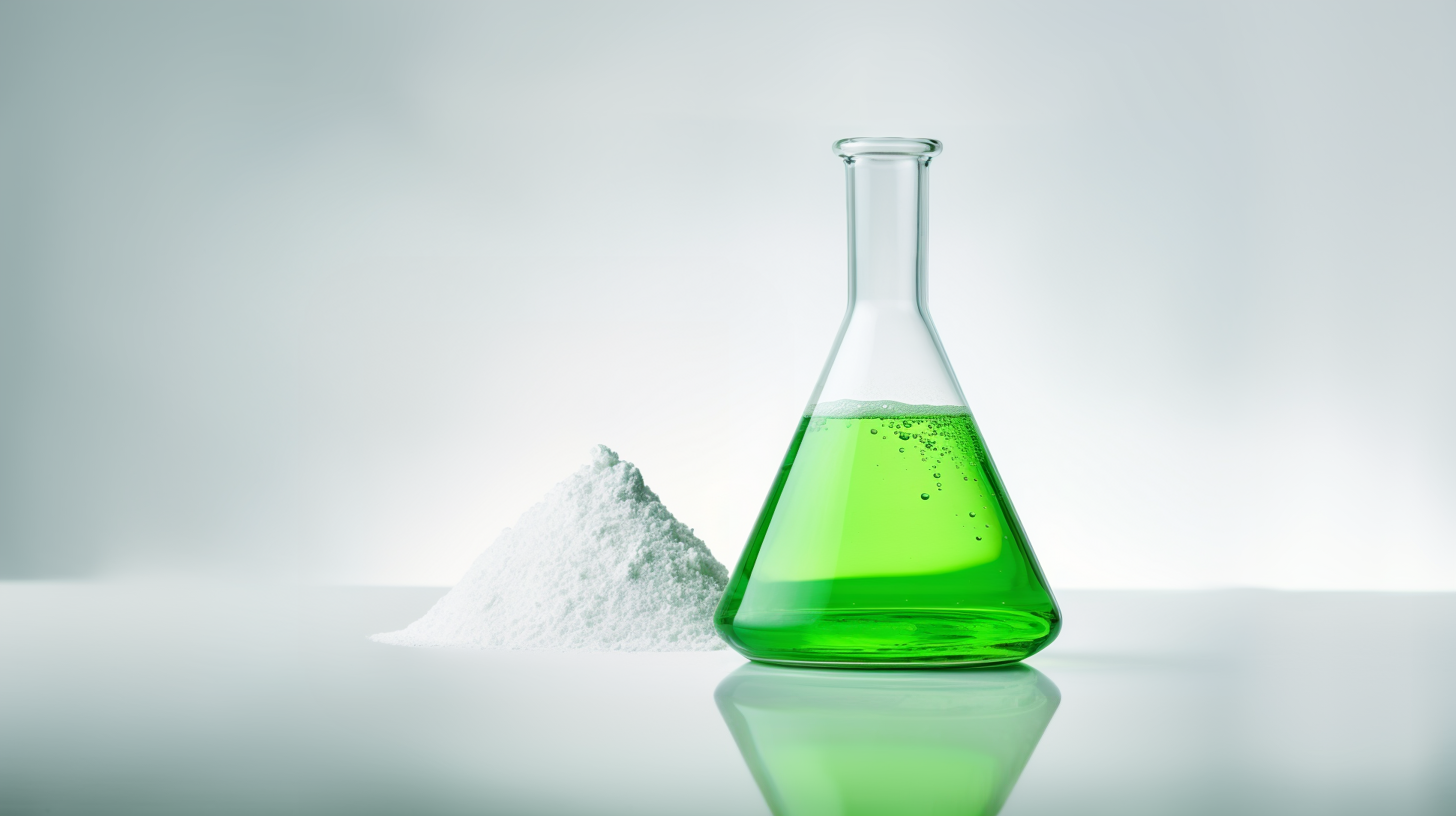Studying bacterial metabolites with mass spectrometry
Advertisement
Organic compounds produced by colonies of bacteria can now be characterised using a mass-spectrometry technique that is both location specific and non-destructive. The method enables the rapid identification of metabolites from specific areas of an agar gel without affecting the viability of the colony.
Nanospray desorption electrospray ionisation (nano-DESI) is coupled to MS/MS and provides excellent sensitivity. The authors of this paper use the technique to study chemical gradients of lipids and metabolites in living colonies of Synechococcus sp. PCC 7002 bacteria, finding several new glycolipids that have not been observed using conventional cell-extraction approaches.
Increased knowledge of how microbial metabolites are produced could lead to the development of new methods for bio-fuel production, drug discovery and clinical research, as well as a better understanding of the dynamic microbial world.
Other news from the department science
Most read news
More news from our other portals
See the theme worlds for related content
Topic world Extraction
Extraction is a fundamental process in the chemical laboratory that enables specific components to be isolated and concentrated from a mixture. Whether it's extracting active ingredients from natural products, removing impurities from synthesis products, or preparing analytical samples, extraction is a key step in achieving precise and efficient results in chemical research and analysis.

Topic world Extraction
Extraction is a fundamental process in the chemical laboratory that enables specific components to be isolated and concentrated from a mixture. Whether it's extracting active ingredients from natural products, removing impurities from synthesis products, or preparing analytical samples, extraction is a key step in achieving precise and efficient results in chemical research and analysis.






























































